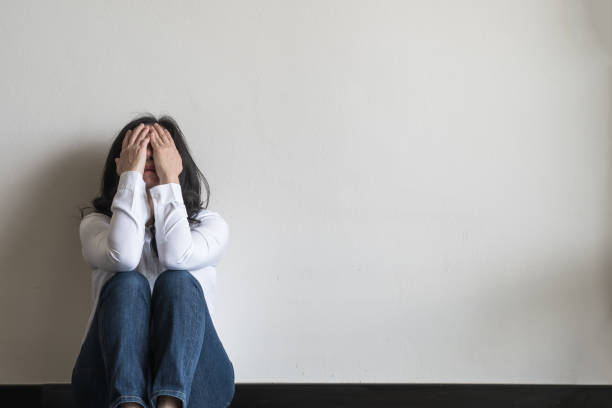Anxiety disorder is a condition that affects millions of people worldwide. It is characterized by intense and persistent feelings of worry, fear, and uncertainty, often without a clear cause. Symptoms of anxiety disorder can interfere with daily life and may even prevent individuals from engaging in activities they once enjoyed. The good news is that anxiety disorder is treatable, and there are several effective strategies for managing symptoms.
Symptoms of Anxiety Disorder
Anxiety disorder is a broad term that encompasses several different conditions. However, there are several common symptoms that individuals with anxiety disorder may experience, including:
- Excessive Worry: People with anxiety disorder often experience persistent and excessive worry about everyday situations. This worry can interfere with daily life and can be distressing.
- Physical Symptoms: Anxiety can cause physical symptoms, such as a rapid heartbeat, sweating, and trembling. These physical symptoms can be distressing and may cause individuals to feel like something is wrong with their health.
- Irritability: Individuals with anxiety disorder may experience irritability, frustration, and anger. These feelings can be triggered by seemingly minor events and can be difficult to control.
- Difficulty Concentrating: Anxiety can interfere with an individual’s ability to concentrate and focus. This can make it difficult to complete tasks and can lead to problems at work or school.
- Sleep Problems: Anxiety can cause sleep problems, including difficulty falling asleep or staying asleep. This can leave individuals feeling exhausted and can affect their ability to function during the day.
- Avoidance Behaviors: Individuals with anxiety disorder may avoid certain activities or situations that trigger their symptoms. This can interfere with daily life and can limit their ability to engage in activities they once enjoyed.
Treatment for Anxiety Disorder
There are several effective treatments for anxiety disorder, including:
- Therapy: Therapy, such as cognitive-behavioral therapy (CBT), is a commonly used treatment for anxiety disorder. CBT focuses on changing negative thought patterns and behaviors that contribute to anxiety.
- Medication: Antidepressant and antianxiety medication can be effective in reducing symptoms of anxiety disorder. However, medication should be used in conjunction with therapy for best results.
- Lifestyle Changes: Making changes to one’s lifestyle can help reduce symptoms of anxiety. This may include exercising regularly, eating a balanced diet, and avoiding caffeine and alcohol.
- Relaxation Techniques: Relaxation techniques, such as deep breathing, meditation, and yoga, can help reduce symptoms of anxiety. These techniques can be learned and practiced at home, making them a convenient and accessible option for managing anxiety.
- Support Groups: Support groups can provide individuals with anxiety disorder a safe and supportive environment to discuss their experiences and receive support from others who are facing similar challenges.
It is important to seek help from a mental health professional if you are experiencing persistent symptoms of anxiety, as the earlier the treatment is started, the better the outcome is likely to be. A combination of therapy, medication, and lifestyle changes can help you overcome anxiety disorder and live a happier, healthier life.
Anxiety disorder is a common condition that affects millions of people worldwide. Symptoms of anxiety disorder can interfere with daily life and may even prevent individuals from engaging in activities they once enjoyed. However, the good news is that anxiety disorder is treatable, and there are several effective strategies for managing symptoms. Treatment may include therapy, medication, lifestyle changes, relaxation techniques, and support groups. Individuals who are struggling with anxiety should seek help from a mental health professional to receive an accurate diagnosis and effective treatment plan.

 Home
Home Health
Health Diet & Nutrition
Diet & Nutrition Living Well
Living Well More
More












